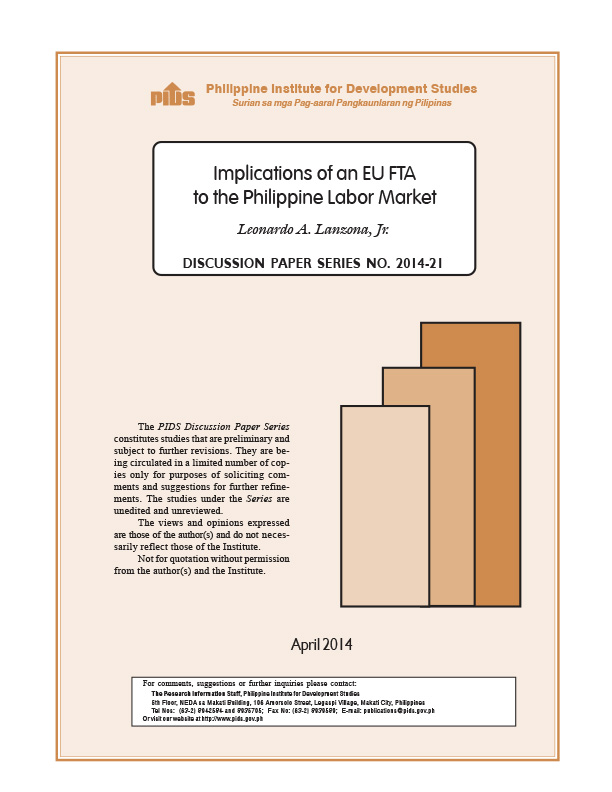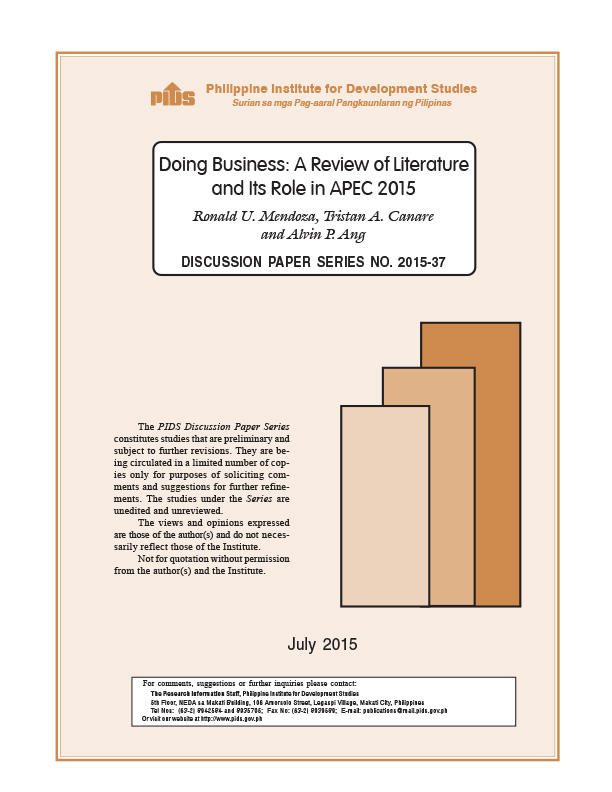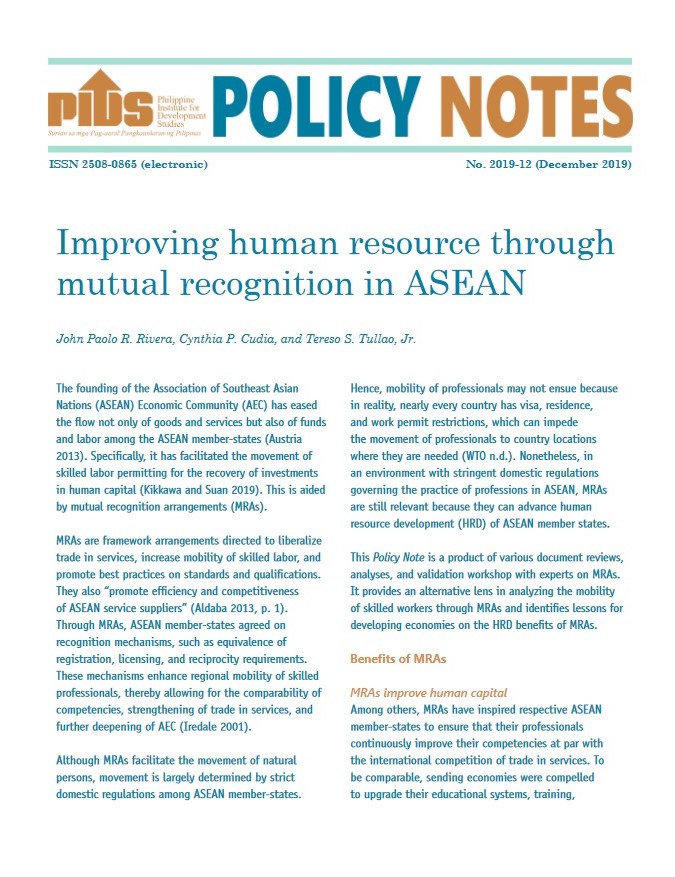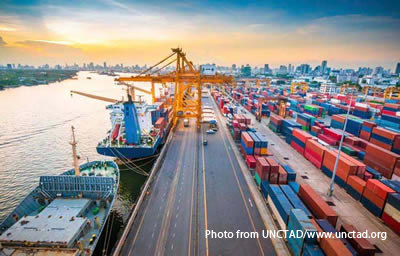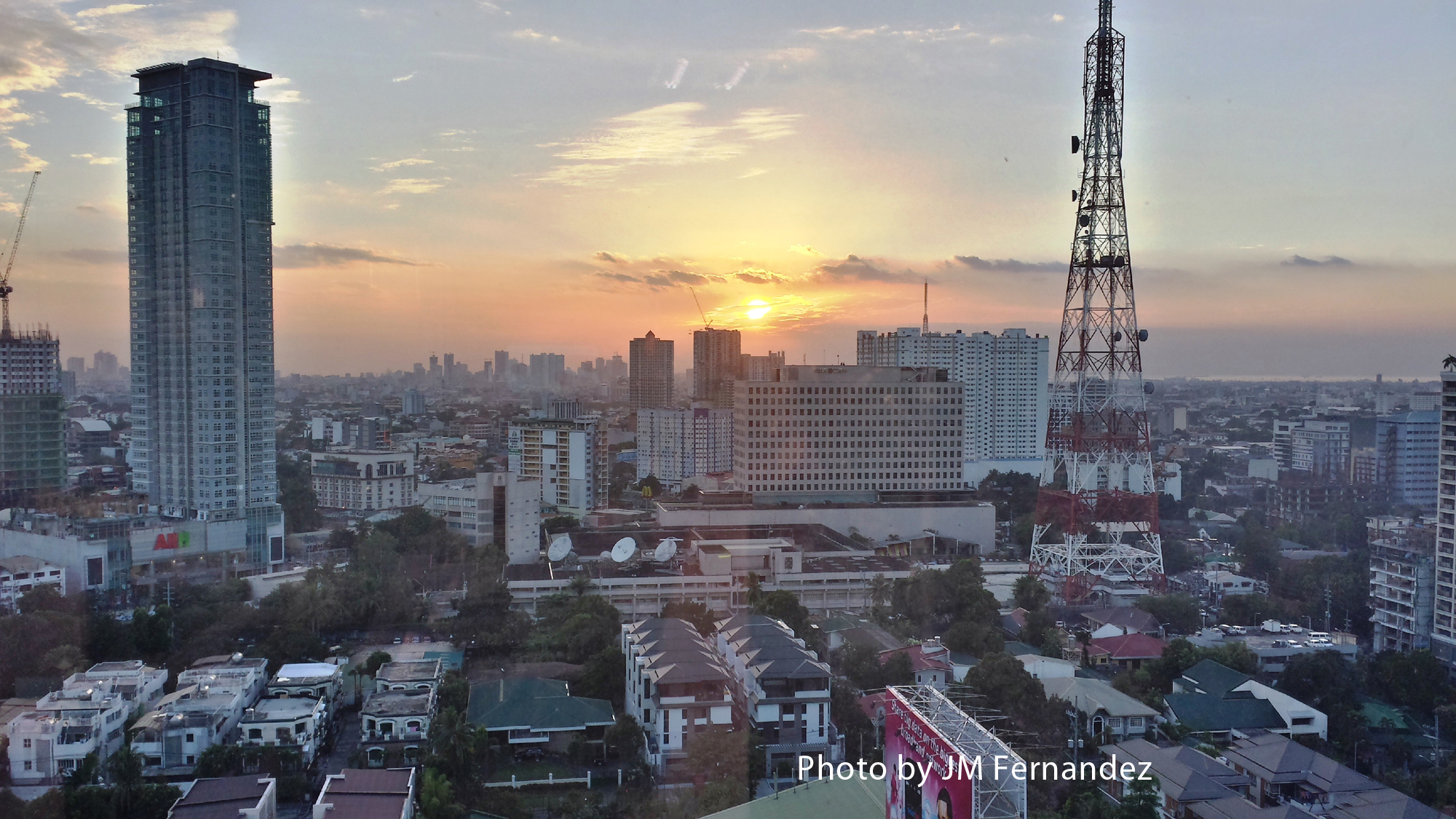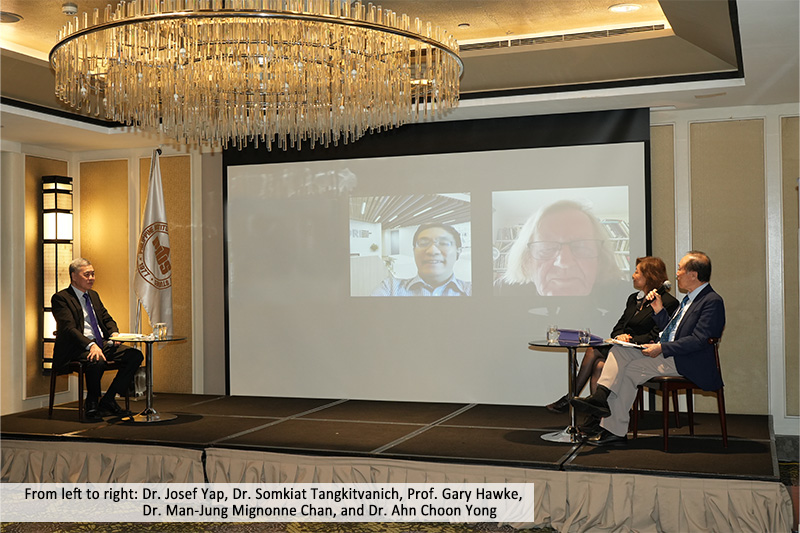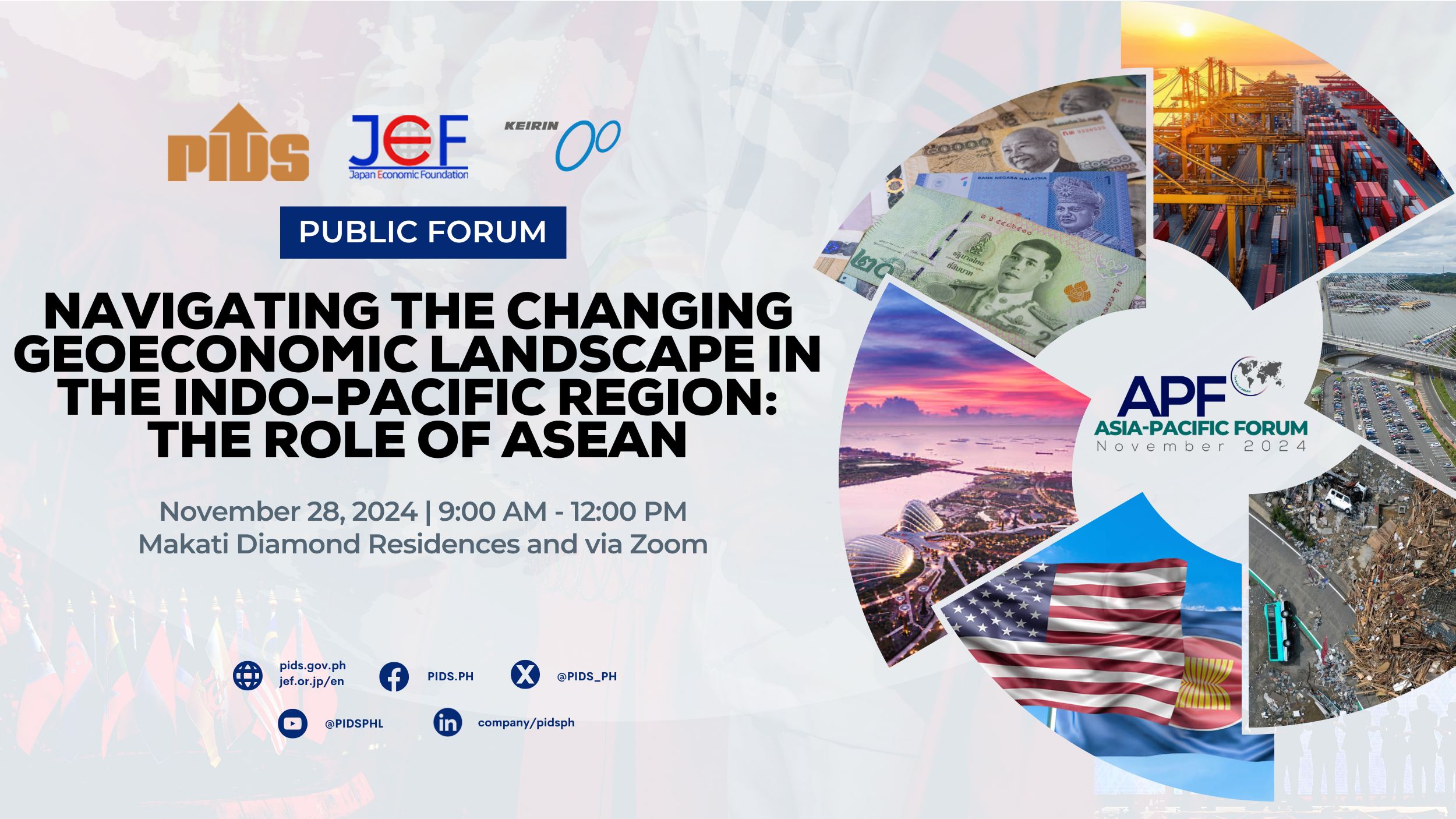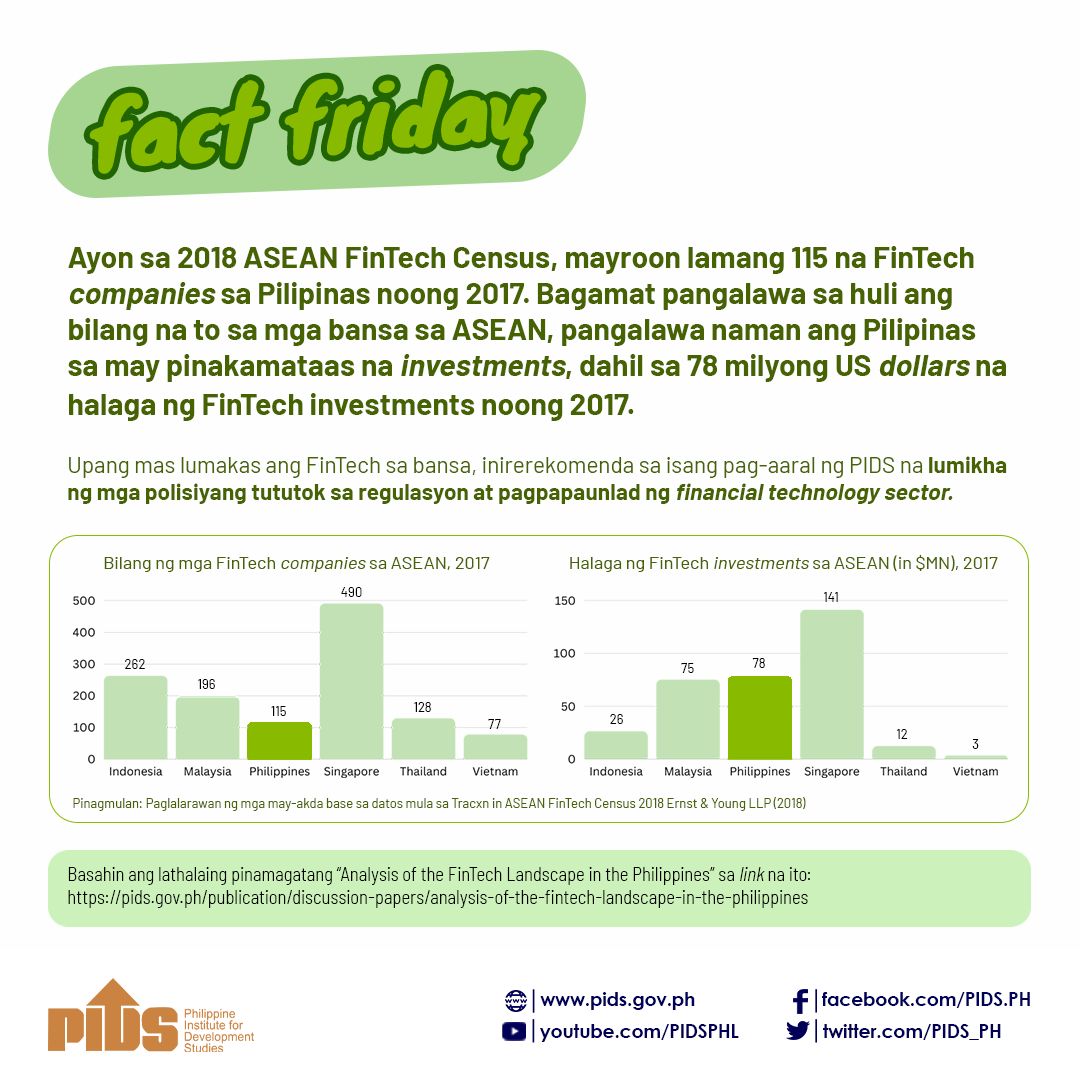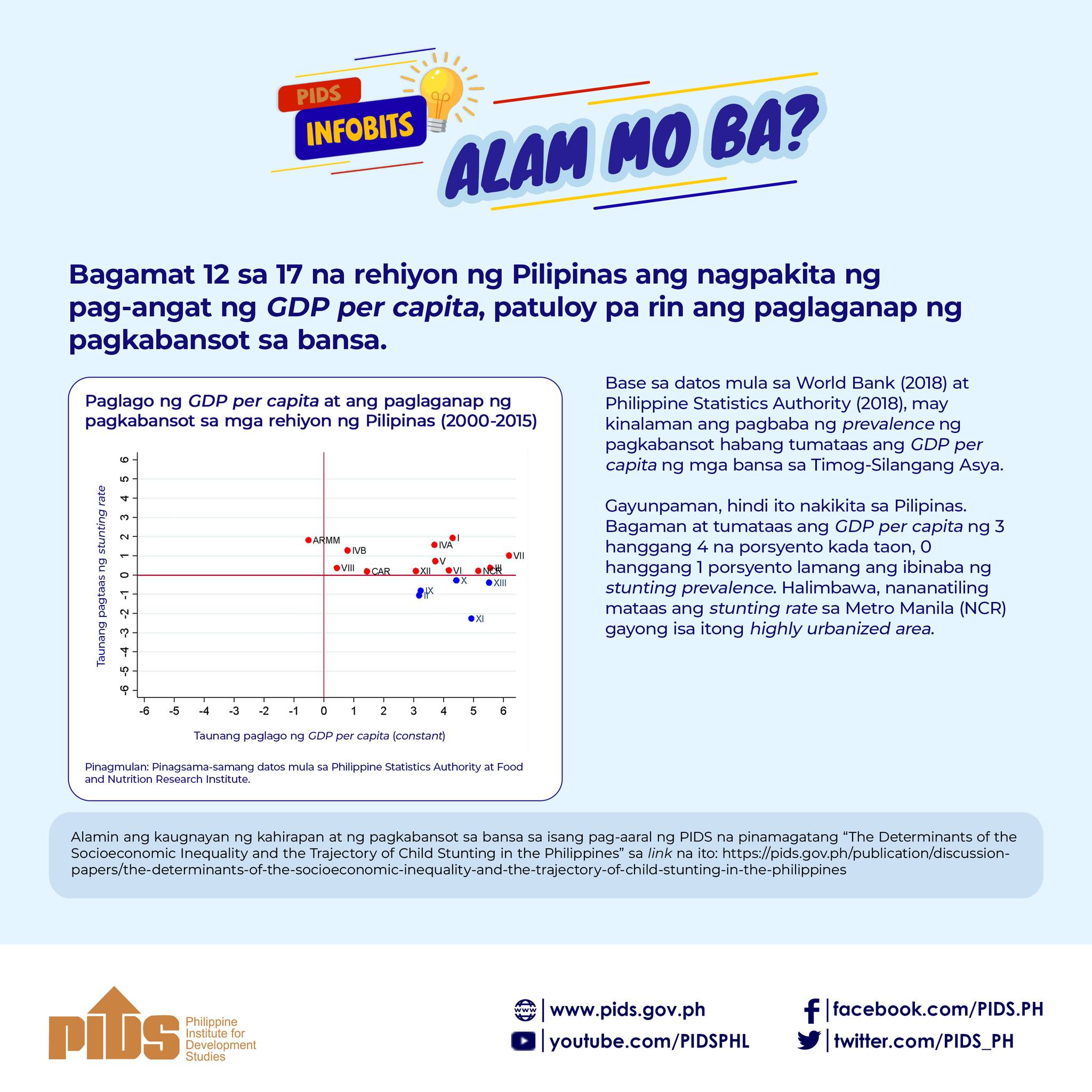The increase of nontariff measures (NTMs) has limited the Philippines and other member-states of the Association of Southeast Asian Nations (Asean) to trade, a study of the state think tank Philippine Institute for Development Studies (PIDS) has revealed.
According to a survey conducted by PIDS, nontariff measures (NTMs) and nontariff barriers (NTBs), which come with overly strict or complex requirements and procedural obstacles, pose moderate additional costs to exporters in the Philippines.
The survey also revealed the Philippines provides semi-clear and transparent regulations on NTMs and NTBs, and has remained relatively less restrictive when it comes to NTBs, and on the implementation of NTMs.
Among the most common NTMs in the Philippines are the technical barriers to trade, sanitary and phytosanitary measures.
To overcome trade constraints, the study underscored the importance of customs modernization and the Philippine National Single Window (NSW) to address NTM issues related to licensing and permits.
The NSW is an Internet-based system that allows parties involved in trade to enter information and documents with a single entry point to fulfill all import, export, and transit-related regulatory requirements.
The study also suggested the promotion of transparency by creating a comprehensive and updated database of NTMs in the region; regular submission of notifications of new NTMs to the Asean secretariat and the World Trade Organization and; the establishment of a robust mechanism to address NTM issues.
The challenge for Asean countries, including the Philippines, is how to incorporate efficiency and facilitative measures in the implementation and administration of NTMs,” the study said, adding that removing unnecessary restrictions and streamlining procedures for NTMs would help.
The study also noted the importance of creating a third-party monitor and technical resource to oversee Asean countries’ progress in mitigating the effects of NTMs on trade.
According to a survey conducted by PIDS, nontariff measures (NTMs) and nontariff barriers (NTBs), which come with overly strict or complex requirements and procedural obstacles, pose moderate additional costs to exporters in the Philippines.
The survey also revealed the Philippines provides semi-clear and transparent regulations on NTMs and NTBs, and has remained relatively less restrictive when it comes to NTBs, and on the implementation of NTMs.
Among the most common NTMs in the Philippines are the technical barriers to trade, sanitary and phytosanitary measures.
To overcome trade constraints, the study underscored the importance of customs modernization and the Philippine National Single Window (NSW) to address NTM issues related to licensing and permits.
The NSW is an Internet-based system that allows parties involved in trade to enter information and documents with a single entry point to fulfill all import, export, and transit-related regulatory requirements.
The study also suggested the promotion of transparency by creating a comprehensive and updated database of NTMs in the region; regular submission of notifications of new NTMs to the Asean secretariat and the World Trade Organization and; the establishment of a robust mechanism to address NTM issues.
The challenge for Asean countries, including the Philippines, is how to incorporate efficiency and facilitative measures in the implementation and administration of NTMs,” the study said, adding that removing unnecessary restrictions and streamlining procedures for NTMs would help.
The study also noted the importance of creating a third-party monitor and technical resource to oversee Asean countries’ progress in mitigating the effects of NTMs on trade.

